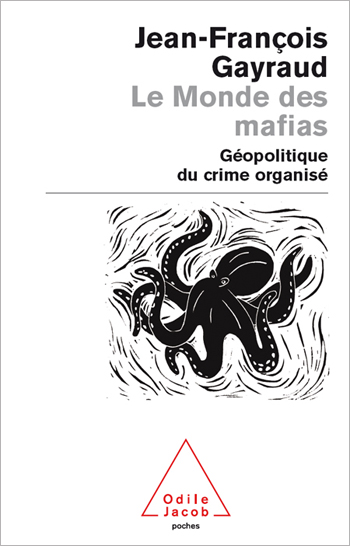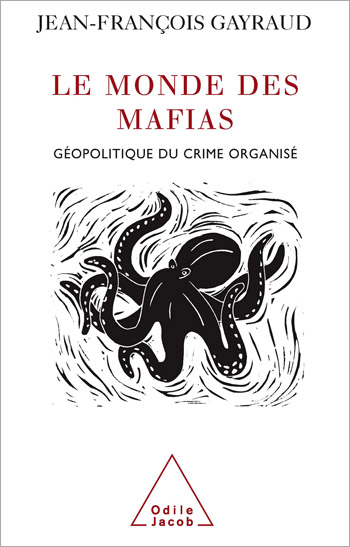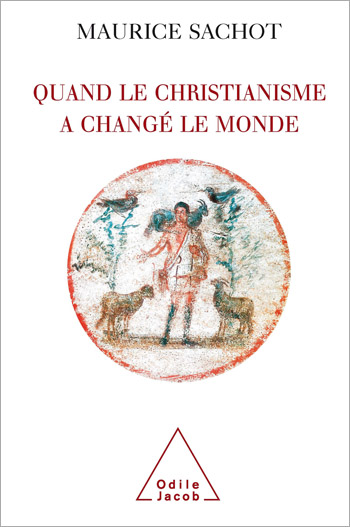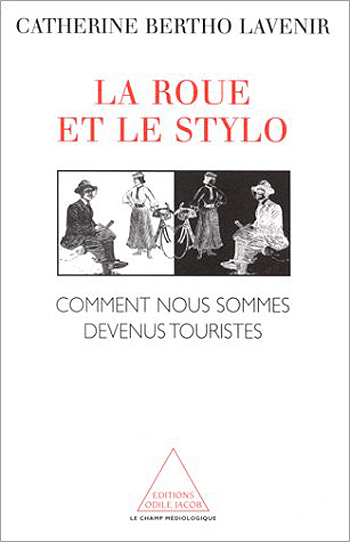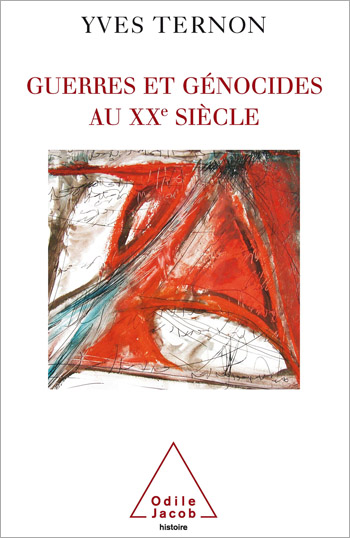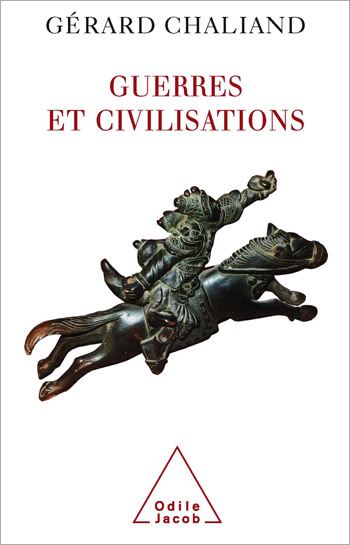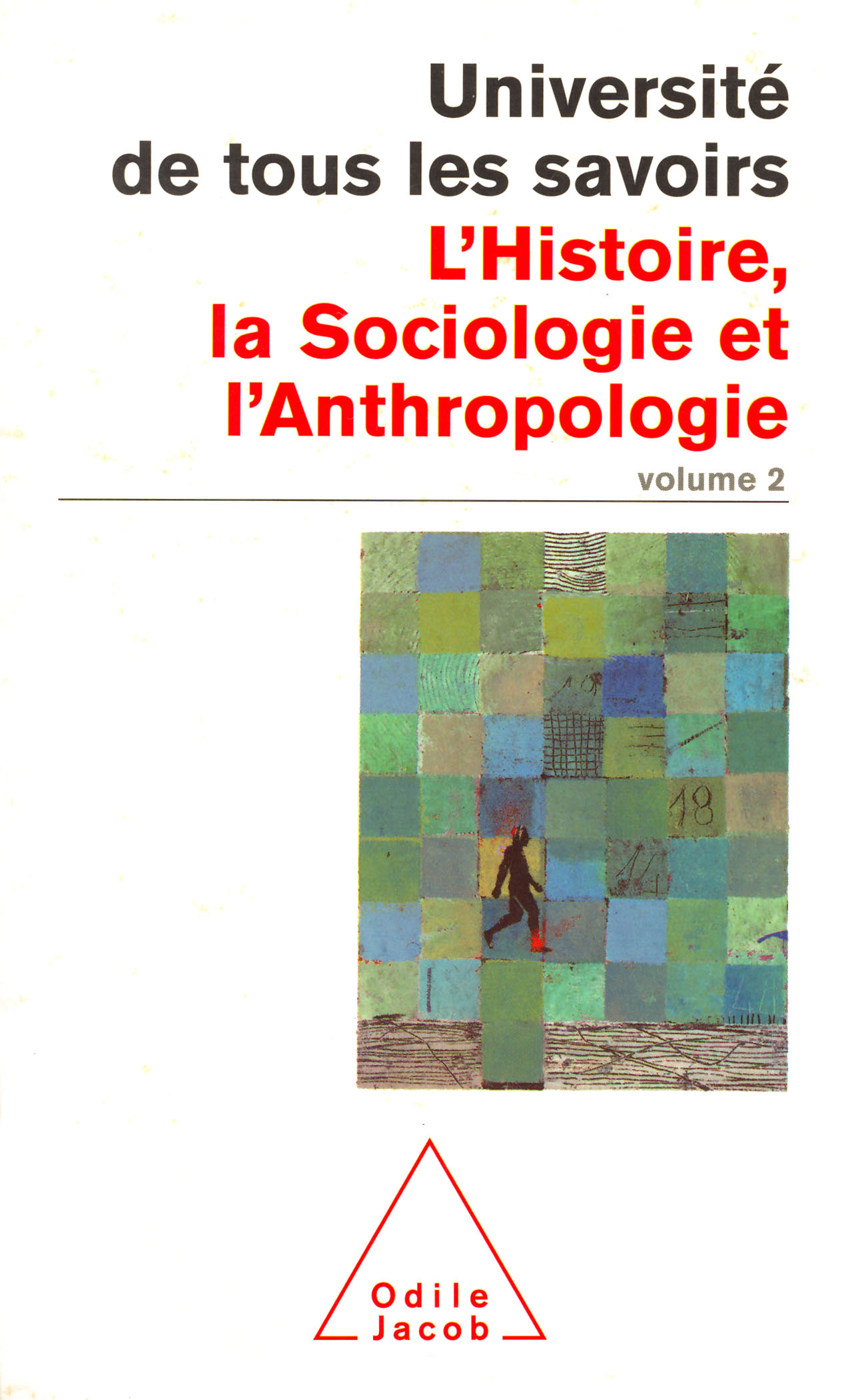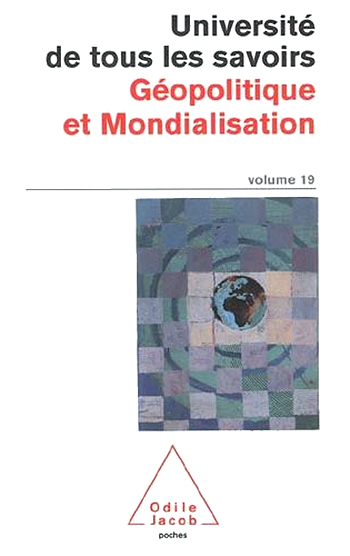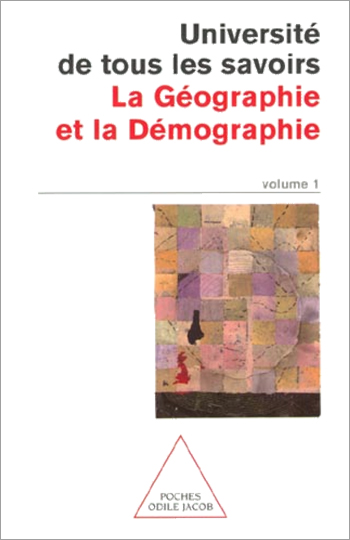History and Geopolitics All books
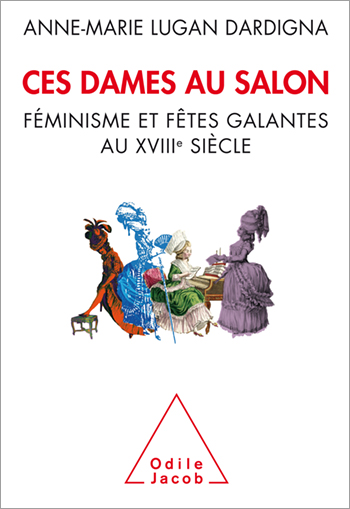
Anne-Marie Lugan Dardigna
Women of Literary Salon Feminism and the Literary Salon: Women in 18th-Century France
In France, the struggle for women’s rights is a very ancient one. In the 17th and 18th centuries it found expression in literary salons led by such famous figures as Madame de Tencin, Madame du Deffant, Madame Geoffrin and later by Madame du Châtelet and Madame d’Epinay.
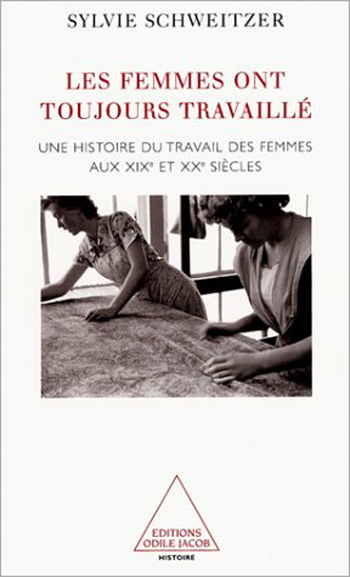
Sylvie Schweitzer
Women Have Always Worked A History of Working Women in the 19th Century
For women, the victory of recent years is one of empowerment in their professional lives: they now have the means to compete with men in every field. Yet societys traditional image of what is a male or female profession remains very powerful. In 2001, French women had managed to enter professions that were previously practically closed to them but French men are still reluctant to enter traditionally female professions. This book reviews two centuries of womens work. It shows that women have always worked but not everywhere. Womens access to increasingly prized jobs goes hand in hand with economic and global development.

Gérard Chaliand
Why Do We Lose War? A New Western Art Form
Learning from the military failures of the West and rethinking war
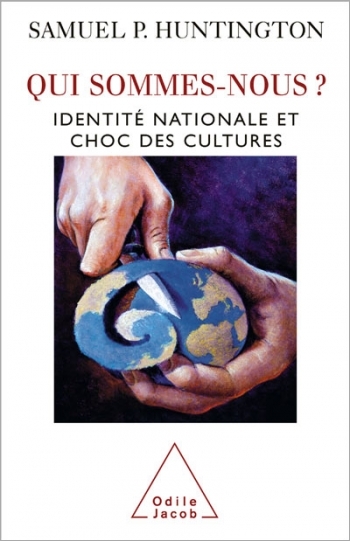
Samuel P. Huntington
Who are we ?
Huntington's latest book provides a caustic analysis of some of the fundamental issues under discussion in the U.S. today.
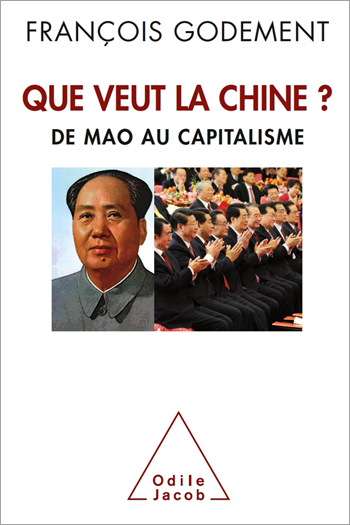
François Godement
Whither China?
A fascinating inquiry into the core of Chinese political life, by an eminent expert on China.

Raymond Aubrac
Where the memory lingers
Discreet by nature and secretive by necessity, Raymond Aubrac has been closely involved in more than half a century of history, in France and abroad. Within France, he is one of the great figures of the Resistance, and is one of the last survivors of the meeting at Caluire, on June 21st 1943, in the course of which Jean Moulin was arrested. A confidant of Ho Chi Minh, Raymond Aubrac also played a central role in the secret negotiations which accompanied the Vietnam war. In this book he gives a new, personal account of these events and others, including his meeting with de Gaulle, his role in the reconstruction of France, and his work at the heart of the UN.

Pascal Lamy, Jean-Michel Baer, Nicole Gnesotto
where is the world going? Two views of the world and of globalization
Fascinating and accessible analyses to better understand today’s world and its upheavals...

Pauline Schnapper, Emmanuelle Avril
Where is the United Kingdom Headed Brexit and Beyond
A burning reality. Brexit, which was supposed to take effect officially on 29 March 2019, has been postponed to October, but already its effects are being felt, and this is only the beginning!
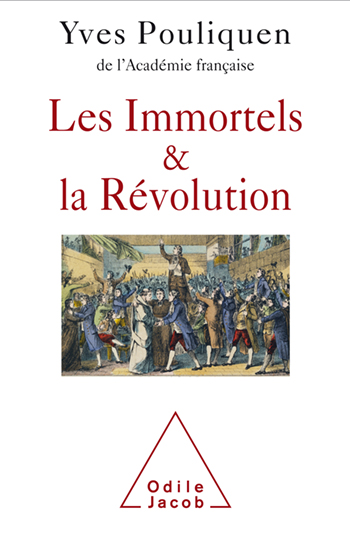
Yves Pouliquen
When the Académie Française almost Disappeared From the French Revolution to the Empire
The history of the Académie Française under the Revolution and the Empire

Anthony Rowley, Fabrice d'Almeida
When History Captures Our Emotions
the authors recount 20 stories that made history and that reveal the role played by the emotions over the centuries
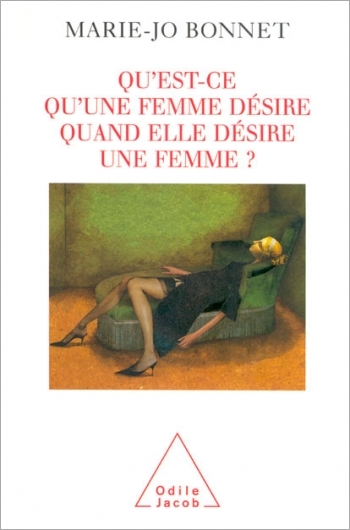
Marie-Jo Bonnet
What Does a Woman Desire when She Desires a Woman?
The desire of women for their own sex is a subject that has been concealed and heavily censored since Antiquity. Yet it has constantly resurfaced throughout history - despite repression, denial and today's feigned indifference - and its existence is a historical and anthropological fact, whatever the dominant opinion may say. Marie-Jo Bonnet argues that lesbianism transgresses social norms and female stereotypes, and breaks with the phallic model and the restricted social role that is assigned to women even today. She sees lesbian desire as a radical instrument of emancipation and offers an original analysis of the women's liberation movement, of recent discussions about homosexuality and, finally, of the persistence of lesbophobia. Desire, regardless of its subject, is always a unique and complex experience, and Bonnet does not ignore this fact. In an original, wide-ranging study of lesbian love through literature, she delves into the work of such major writers of the past as Marguerite Yourcenar, Violette Leduc, Simone de Beauvoir, Djuna Barnes and, surprisingly, Madame de Sévigné, as well as of more recent writers such as Monique Wittig, Anne Garreta and Christine Angot. The author's thesis is that women's desire for their own sex can serve as a tool to empower them to conquer their own space of creativity and liberation. Marie-Jo Bonnet, a writer and historian, is the author of Les Relations Amoureuses Entre Femmes (XVIe-XXe siècle).
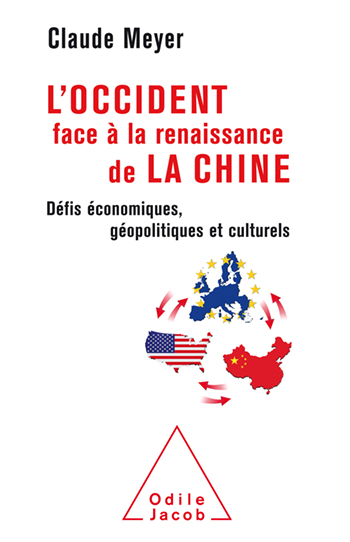
Claude Meyer
West and the rebirth of China
It is the first time in history that a country/continent, with such a large population, is in a position to impose its supremacy on the rest of the planet. The stakes are enormous!

